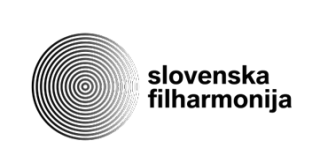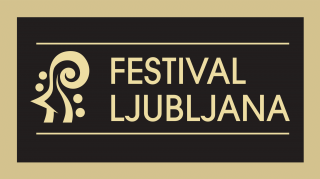Important information
We would like to inform you, that the performance of the concert of Martha Argerich will be carried out in Cankar’s Hall (Cankarjev dom). We require a change of tickets, which you can do at Križanke Box Office from 14th July on. Ticket exchange is also possible at Cankar’s Hall (Cankarjev dom), on 14th and 15th July, from 7.00 pm.
- Martha Argerich is one of the greatest and most admired pianists of the past century
- A child prodigy, she went on to win the famous Chopin Competition in Warsaw in 1965
- She has enjoyed frequent collaborations with friends such as Daniel Barenboim, Mischa Maisky and the late Ivry Gitlis; other projects include a recording of Saint-Saëns’s The Carnival of the Animals with violinist Gidon Kremer and Slovene flautist Irena Grafenauer
- She is the founder of the Martha Argerich International Piano Competition and Festival in Buenos Aires and the artistic director of the Argerich’s Meeting Point Music Festival in Beppu, Japan
Programme:
I. Stravinsky: Fireworks, Op. 4
S. Prokofiev: Piano Concerto No. 3 in C Major, Op. 26
***
I. Stravinsky: The Rite of Spring
Russian musical brilliance from the early twentieth century will be the central musical thread of this concert by Martha Argerich, a former child prodigy who is today the recipient of the world’s most prestigious awards and one of the most respected and eminent pianists of the past century. She will perform Prokofiev’s Piano Concerto No. 3 in C major. This concerto of classical design boasts an exuberant harmonic structure with sudden changes of key and chromatic elements, to which the composer also adds a sophisticated dose of humour and irony. Together, these elements elevate the work to the level of the most popular piano concertos by Tchaikovsky and Rachmaninov. The Slovenian Philharmonic Orchestra under conductor Charles Dutoit, a recent recipient of the Royal Philharmonic Society Gold Medal, will also perform two masterpieces by Igor Stravinsky: the brief, brilliant and highly effective Fireworks, which consolidated Stravinsky’s reputation as a composer, and the music from the ballet The Rite of Spring, a chromatically colourful and rhythmically dazzling work that had such a powerful impact on already outdated Romantic ideals that it gave birth to an entirely new conception of musical aesthetics. In both works Stravinsky explores human nature and the elemental forces of nature, illustrating the latter through the rituals of pagan Russia.



